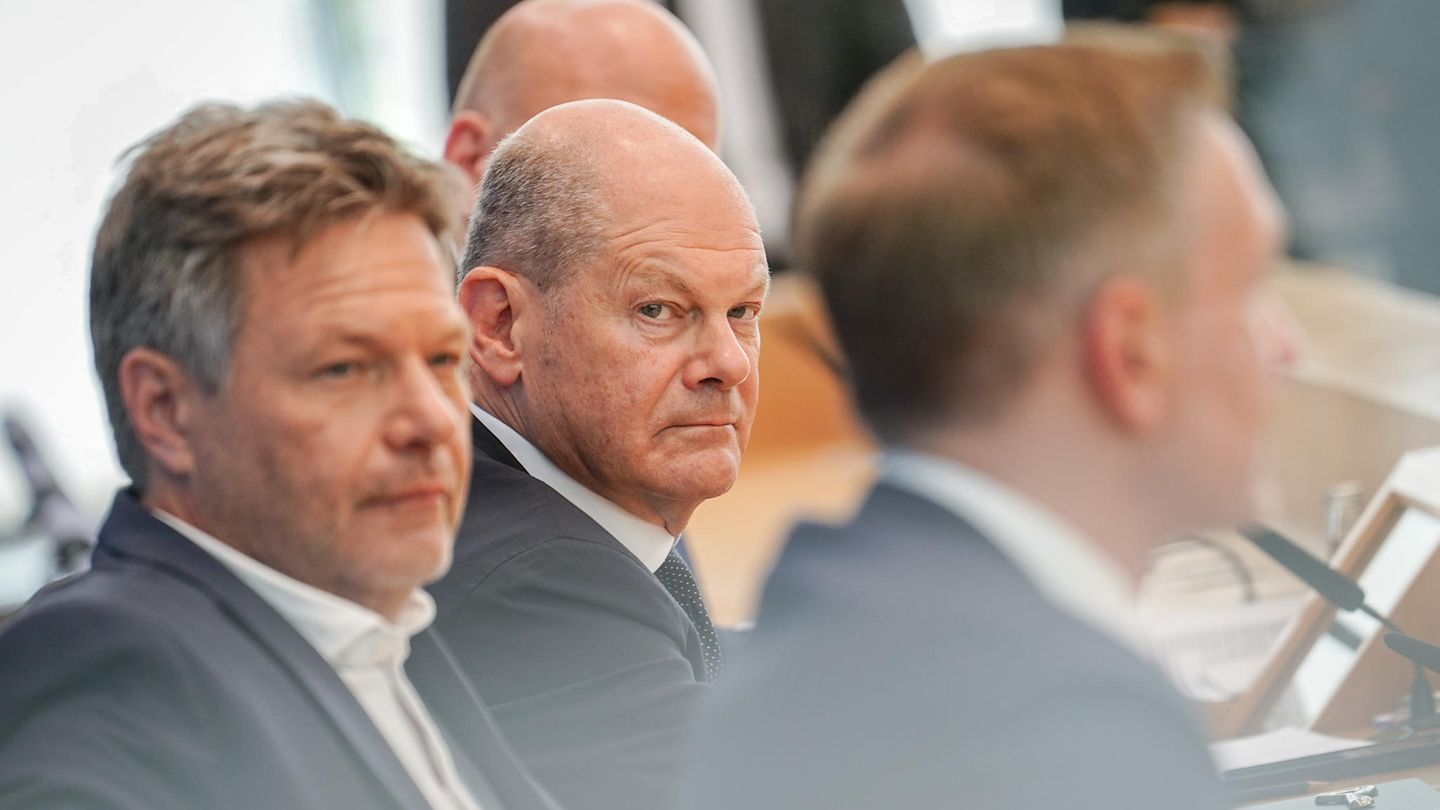I have been working in the news industry for over 6 years, first as a reporter and now as an editor. I have covered politics extensively, and my work has appeared in major newspapers and online news outlets around the world. In addition to my writing, I also contribute regularly to 24 Hours World.
Menu
Budget: How the coalition is talking it down again
Categories
Most Read
Hostage handover live blog: Donald Trump threatens Hamas with US deployment
October 14, 2025
No Comments
Donald Trump: Six dead in another attack on drug ship
October 14, 2025
No Comments
Finance: Klingbeil: Taking responsibility for Ukraine and Gaza
October 14, 2025
No Comments
Clash between the Union and the SPD: coalition dispute over military service escalates
October 14, 2025
No Comments
Compulsory military service: SPD surprisingly drops compromise
October 14, 2025
No Comments
Latest Posts

A Platense fan died after the match against Deportivo Riestra
October 14, 2025
No Comments
October 14, 2025 – 20:32 The man had decompensated during the match and the news of his death was finally confirmed. After suffering a decompensation

Lionel Messi announced a U-16 tournament that will be played in Miami: which Argentine teams will participate
October 14, 2025
No Comments
October 14, 2025 – 20:03 With the Messi Cup, the Rosario idol seeks to take another step: project from Miami a space where young talent

World Cup qualification: Israel’s game in Italy marred by riots
October 14, 2025
No Comments
PierceI am Pierce Boyd, a driven and ambitious professional working in the news industry. I have been writing for 24 Hours Worlds for over five
24 Hours Worlds is a comprehensive source of instant world current affairs, offering up-to-the-minute coverage of breaking news and events from around the globe. With a team of experienced journalists and experts on hand 24/7.

